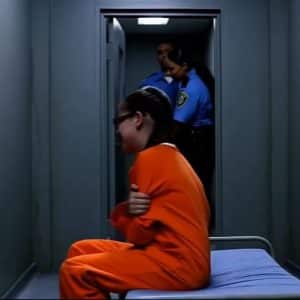In the United States, at least 79 children under the age of 14 are serving life sentences without the possibility of parole—a statistic that has sparked outrage at home and abroad. While the crimes involved are serious, the reality behind many of these cases reveals something deeper: a justice system that punishes society’s most vulnerable rather than protecting them.
Many of these children come from broken homes, poverty, abuse, and systemic neglect. Some were directly involved in violent crimes; others were simply present—unarmed and afraid—when tragedy struck. And yet, they’ve been handed the harshest punishment the law allows: a lifetime behind bars, with no chance to grow, change, or come home.
The case of Lionel Tate, sentenced to life at just 12 after a wrestling game turned fatal, brought national attention to the issue. Though his sentence was later overturned, countless others still wait—trapped in a legal system that often sees punishment before potential.
International human rights groups and advocates like Bryan Stevenson argue this isn’t justice—it’s a failure of compassion. “We betray our ideals,” Stevenson says, “when we declare a child permanently broken.”
While the Supreme Court has ruled against mandatory life sentences for minors, change has been slow. Dozens still remain imprisoned, many without a clear path forward.
This isn’t just a legal debate—it’s a moral one. Can a nation that locks away its children for life truly call itself just? Or does justice mean believing, even in the darkest cases, that every child deserves a second chance?





